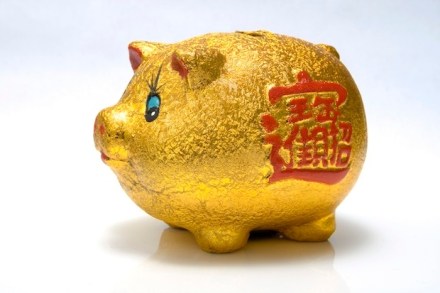How to make money from the Scottish referendum
The best time to buy an asset is when no one else can stomach it. Great fortunes are made in uncertainty. The self-made rich aren’t the ones who hung around on the edge of an iffy situation thinking about the possible disasters. They’re the ones who calculated the odds and bought before anyone else was sure of the answers. So where is there uncertainty in the UK today? Most English people are utterly uninterested in the prospect of Scottish independence — or in Scotland generally. But if they were actually to look up north they’d see pretty serious turmoil. It is less than a year until every resident of Scotland


















